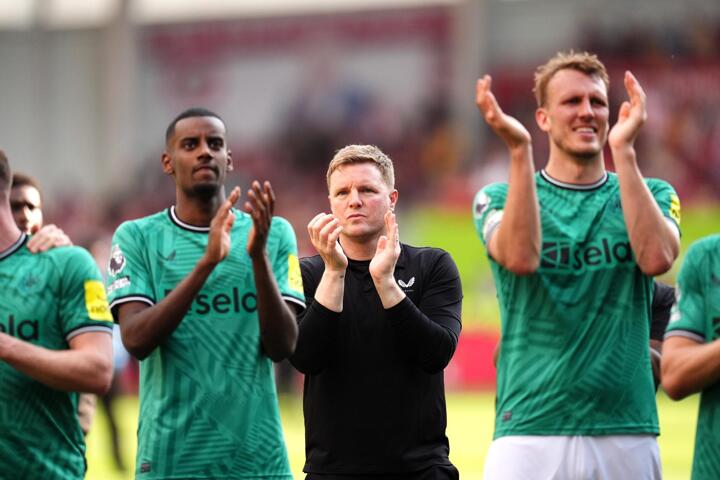WHEN Jurgen Klopp announced his Liverpool departure plan back in January, Roberto De Zerbi was installed as second favourite to succeed him.
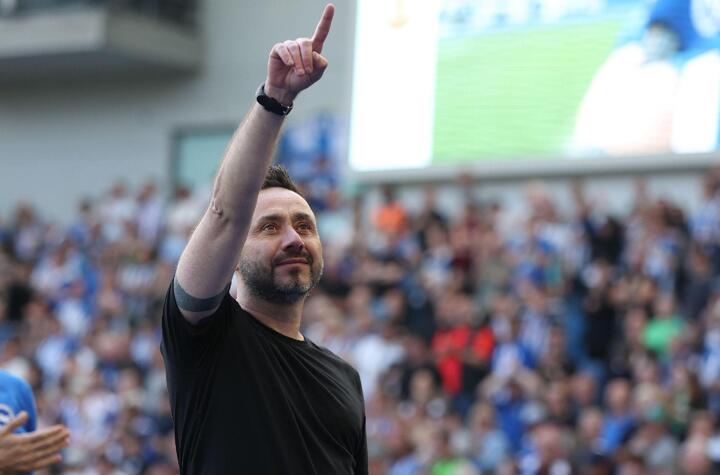
When the favourite, Xabi Alonso, announced in late March he would be staying at all-conquering Bayer Leverkusen, De Zerbi’s Brighton were the next visitors to Anfield.
And the match was billed as the Italian’s audition for the job.
De Zerbi was also strongly touted as a successor to Erik ten Hag at Manchester United and Thomas Tuchel at Bayern Munich.
And given that Chelsea nab everybody else from Brighton, he was also seen as a major contender to take over at Stamford Bridge if Mauricio Pochettino departed.
This high-octane, nicotine-fuelled, touchline frog-box was Europe’s most-wanted coach.
He guided Brighton into Europe for the first time, his team was hugely entertaining — combining Kloppish manic intensity with a Pep Guardiola purity — and everybody seemed to want a slice of him.
De Zerbi certainly wasn’t shy in recognising as much.
Hence his tendency to gob off about his frustrations with frequent public hints that Brighton, the most widely-admired and pound-for-pound best-run club in England, were not run to his liking.
Fast forward a few months and the Italian is unemployed, with no job offers on the table and looking increasingly unlikely to get a step up to United, Bayern or Chelsea this summer while Liverpool have plumped for Dutchman Arne Slot.
Last week’s decision from De Zerbi, 44, and Seagulls owner Tony Bloom to part ways was a rare example of ‘mutual agreement’ meaning mutual agreement.
Brighton have somehow contrived to finish in the bottom half of the Premier League — below their hated rivals Crystal Palace.
That might be largely down to a substantial injury crisis but Bloom’s main concern was his manager’s agitations about the club’s recruitment policy.
The most remarkably profitable recruitment policy the Premier League has ever known.
When Brighton went off-piste and signed Mahmoud Dahoud on a big-wage free from Borussia Dortmund last June, on De Zerbi’s insistence, the midfielder bombed and was loaned back to the Bundesliga with Stuttgart.
Bloom knows what he is doing. His club’s ability to conjure up outstanding young talent for next to nothing, to sell on for a major fee and then replace like-for-like, borders on witchcraft.
One of the latest to roll off the production line, Irish centre-forward Mark O’Mahony, looks so similar to Brighton’s first-choice Irish centre-forward Evan Ferguson, you wonder whether Bloom has some futuristic cloning facility in a bunker beneath the Amex.
Yet an impatient De Zerbi doesn’t want to work within Brighton’s structure and has earned himself the unwelcome reputation of being a high-maintenance manager.
Despite his progressive tactics, he is old-school in his desire for autonomy in an age in which owners demand managers — or ‘head coaches’ — know their place within a club’s ‘model’.
A generation ago, when those big-personality alpha-male managers were the norm, De Zerbi would have been in an A-list job already.
As it stands, it is unlikely that we will see him starting next season in the Premier League.
For example, it’s difficult to imagine Sir Jim Ratcliffe and Sir Dave Brailsford opting for such an abrasive personality to take charge of United should Ten Hag, as expected, get the bullet after Saturday’s FA Cup final.
This is a shame for De Zerbi and for the many of us who have enjoyed watching his progress.
While Brighton were never a great long-term fit, let’s hope he is back before long.
The Italian is innovative, infectious and absolute box-office gold.
Somebody needs to have the balls to appoint a manager who will challenge them, rather than one who will keep his trap shut and do as he is told.
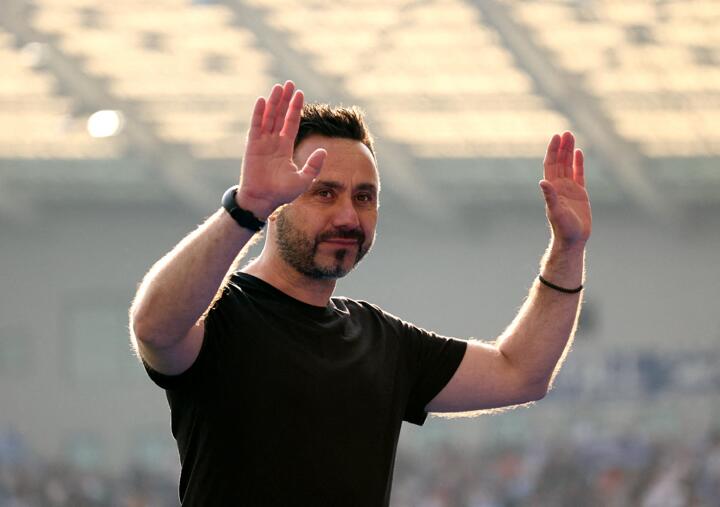
ROCKY RODE
AT last week’s Footballer of the Year dinner, Gareth Southgate claimed Phil Foden’s stellar campaign “has made my job a lot easier” — but the opposite may be true.
Earlier this season, before Foden’s leap into world-class status, the England manager questioned the player’s stated desire to start matches in the centre, rather than out wide.
Now there will be a clamour for Foden to play more centrally at the Euros — and yet with Real Madrid Galactico Jude Bellingham as England’s No 10, that is going to be tough.
You can hear them now, the age-old cries for Southgate to release handbrakes, throw off shackles and demand that England play like the 1982 Brazil World Cup side (who didn’t make the semi-finals).
Could Southgate possibly employ Declan Rice as a single holding midfielder with Foden and Bellingham in front of him, plus two wingers and Harry Kane up top? It is highly unlikely.
And even if he does, everybody will be asking why Jack Grealish and James Maddison aren’t starting as well.
Instead, we may end up with Foden being shoved wide-left, just as Paul Scholes was by Sven-Goran Eriksson.
That is because there is nowhere else to fit the player who secured Manchester City the title with two early goals against West Ham on Sunday.
The idea of a month debating ‘boring, boring Southgate’ is boring before it has even begun.
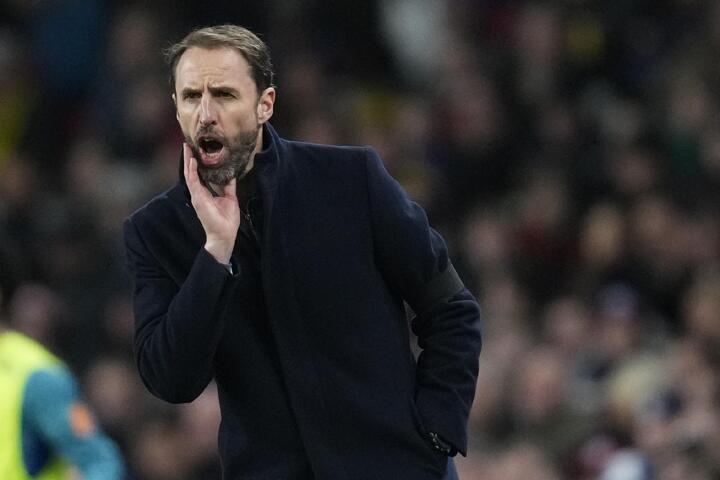
OLIVER TWIST
IT was bleakly amusing that Wolves should have Nelson Semedo sent off by VAR at Anfield in the first match since their admirable bid to have the widely-loathed system scrapped in the Premier League.
More interesting was Michael Oliver’s decision to ignore his VAR Stuart Attwell and award Arsenal’s late winner against Everton, despite a handball by Gabriel Jesus.
As VAR is only supposed to be there for ‘clear and obvious’ errors, I made Oliver right.
But here is another problem with the system — senior refs such as Oliver are occasionally emboldened enough to overrule a more junior VAR and stick with their original decision.
Less-experienced refs literally never ignore a more senior man in Stockley Park.
And this inconsistency is yet another of the ‘unintended consequences’ of VAR which Wolves have spoken about.
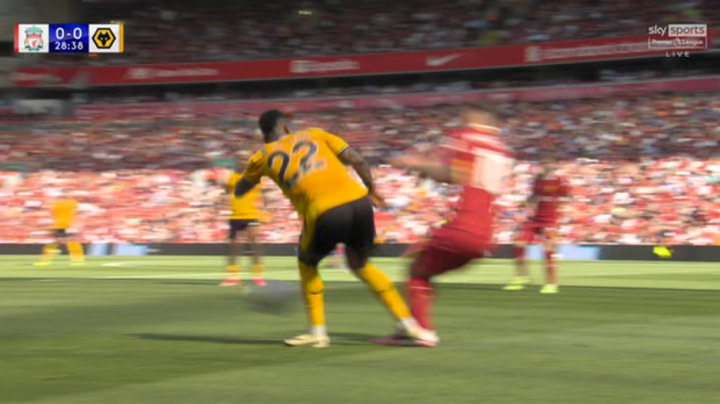
CHAMPS IN WAITING
AS we prepare for the next transfer window, one pertinent question is why so few top-flight clubs sign players from the Championship.
Take last season’s two leading scorers in the second division — Chuba Akpom moved from Middlesbrough to Ajax and Coventry’s Viktor Gyokeres went to Sporting Lisbon, where he is now rated at £80million after topping the Portuguese scoring charts with an impressive 29 strikes.
Two of the best signings of this year’s January sales bucked this trend, with Aston Villa snapping up Boro’s promising midfielder Morgan Rogers, while Crystal Palace’s swoop for young Blackburn star Adam Wharton is proving a masterstroke.
Premier League clubs scour the world for talent, yet too often ignore some gems sitting right beneath their noses.
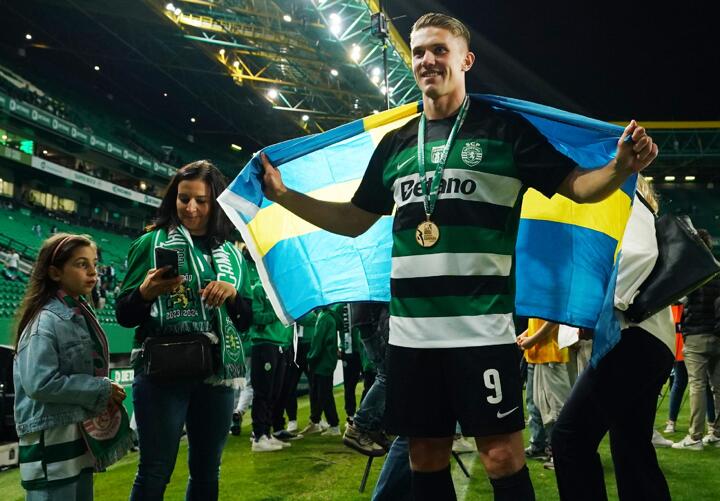
FOOD FOR THOUGHT
THE world of boxing is full of sharks, chancers and Saudi apologists — but it is also home to some diamonds.
At 3.30am on Sunday by Riyadh’s Kingdom Arena, there was Brit heavyweight Derek Chisora distributing a large bag of free Five Guys hamburgers to hungry, late-working hacks.
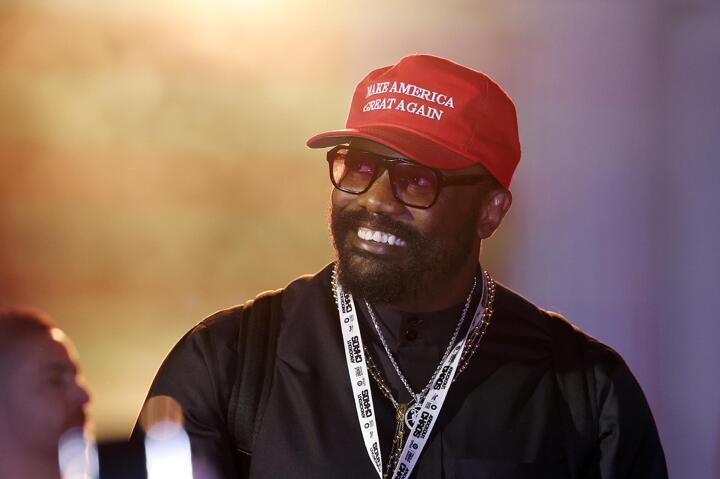
CUP FOR IT?
FIRST solid prediction for next season: Newcastle will lift their first major trophy since the 1969 Inter-Cities Fairs Cup by winning the Europa Conference League.
Then we can all debate whether this actually is a major trophy and talk of their 70-year wait for domestic silverware instead.
